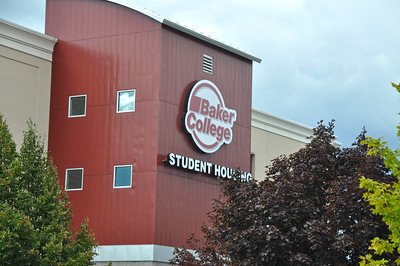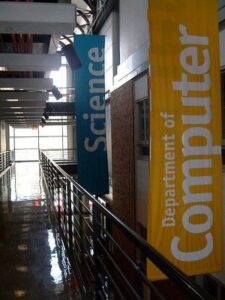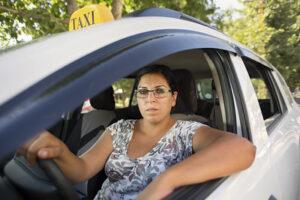Baker College has been part of the Michigan higher education landscape since 1911. The school, which the Higher Learning Commission accredits, offers both undergraduate and graduate degrees. For most of that time, it has operated as a for-profit college; it switched to a non-profit institution less than 50 years ago. Last week, the US Department of Education opened an investigation into Baker College, following a high volume of student complaints and an unflattering article published in both the Detroit Free Press and Pro Publica last year.
The investigation is significant for a few reasons, not the least of which is that the Biden Administration has re-animated ED’s investigation unit. Former Secretary of Education Betsy DeVos dismantled the unit because… well, reasons. The Higher Learning Commission, which accredits institutions, is waiting to see what ED does before it acts on its own. (I guess it’s a lot easier to let the Department of Education do the heavy lifting.)
ED’s specific concerns are Baker’s low graduation rate (22%); the fact that more than half of Baker’s graduates make less than $13.50 per hour ten years after graduation; and 7 out of 10 Baker College students can’t repay their enormous student loans.
Initially, there are a lot of parallels between Baker College and Washtenaw Community College. WCC’s graduation rate is 27%. The average WCC graduate makes less than $19 per hour ten years after graduation; and WCC has a higher than average rate of student loan defaults.
Regardless of what happens in the immediate term, the Department of Education will snag Baker College and schools like it using the newly remodeled Gainful Employment rules.
Baker College is just the warm-up act
In the past, the “gainful employment” rules didn’t really apply to publicly funded institutions. But with increased investment comes increased scrutiny. The Biden Administration has pledged to dump billions into community colleges. And, it has also pledged to apply the same gainful employment scrutiny to publicly funded institutions.
So, how long will community colleges continue to escape accountability for their low graduation rates, and higher-than average student loan default rates? How long will the Department of Education tolerate the low earning potential for community college degrees?
In the latter’s case, the students – or would-have-been-students – have already rendered judgment on community college degree programs that don’t lead to living wage jobs. They may not have attended college classes, but they apparently know enough about math to determine that the salary potential for a community college degree isn’t enough to make enrolling worth the time, money, and effort.
Photo Credit: Michigan Municipal League , via Flickr
















